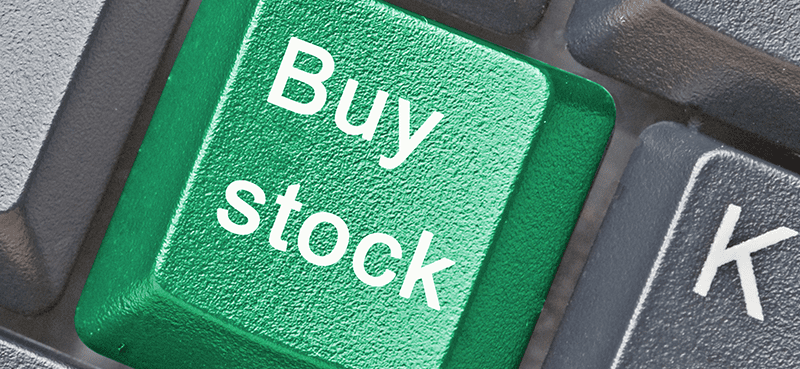On December 4, at its annual investor meeting, United Health Group (UNH) is expected to make a major announcement…
Industry insiders anticipate the healthcare giant will reveal a massive new buyback plan.
While this is still speculation, there are good reasons to believe we’ll see this announcement come to fruition.
What’s more, it will likely come with a significant distinction that sets it apart from typical buyback announcements.
Today, we’ll look at why a new repurchase program is likely for the company… what would make it different from standard buybacks… and how investors should approach the situation.
A unique buyback strategy
UNH has consistently posted double-digit growth in both revenue and earnings. What’s more, it generates an astounding $30 billion in annual free cash flow.
To put that into perspective, this figure represents one of the highest free cash flows globally, second only to major tech companies.
Although the stock has pulled back recently due to higher costs—ironically related to the Inflation Reduction Act—it has shown remarkable resilience. The company not only met analyst estimates during Q3, management projects continued double-digit growth in revenue and earnings for the foreseeable future.
Additionally, it is poised to announce a new repurchase program in December, which would create another major tailwind for the stock.
While this isn’t yet a guarantee, investors believe it’s highly likely. You see, UNH has a history of using its substantial free cash flow to reward shareholders. Plus, it’s about to complete its current repurchase program, which was announced in 2018.
Insiders speculate that a new share buyback program could be worth $50–60 billion, representing 10–12% of the float.
However, it’s likely we wouldn’t see a fixed dollar amount associated with the announcement.
Instead, it’s more probable we’ll see a plan based on a fixed number of shares. UNH’s current program, for instance, was for 100 million shares.
This share-based program is unique; typically, companies announce dollar-based buybacks. This approach gives companies flexibility—if share prices rise, they aren’t committed to buying as many shares.
On the other hand, with a share-based program, the company will buy the same number of shares, even if it means spending more money as the stock price rises.
(Note that when UNH announced its current 100-million-share buyback in 2018, the stock was trading at around half its current value.)
This matters to investors because it signals a strong commitment to reducing shares outstanding and boosting earnings per share (EPS).
Simply put, the company prioritizes shareholder value over the cost of the program—and it can afford to do so, given its massive free cash flow.
A screaming buy
With the recent pullback and the upcoming announcement, UNH is creating a compelling trading opportunity for investors.
For one thing, given the company’s strong performance, the stock is undervalued at current levels.
Moreover, a new buyback is likely to drive up the stock price by reducing the number of shares outstanding.
As UNH prepares to unveil its next buyback program, investors have a unique opportunity to capitalize on a temporary dip in the stock price of this fundamentally strong company.
Learn more about why buybacks create remarkable shareholder value.





















